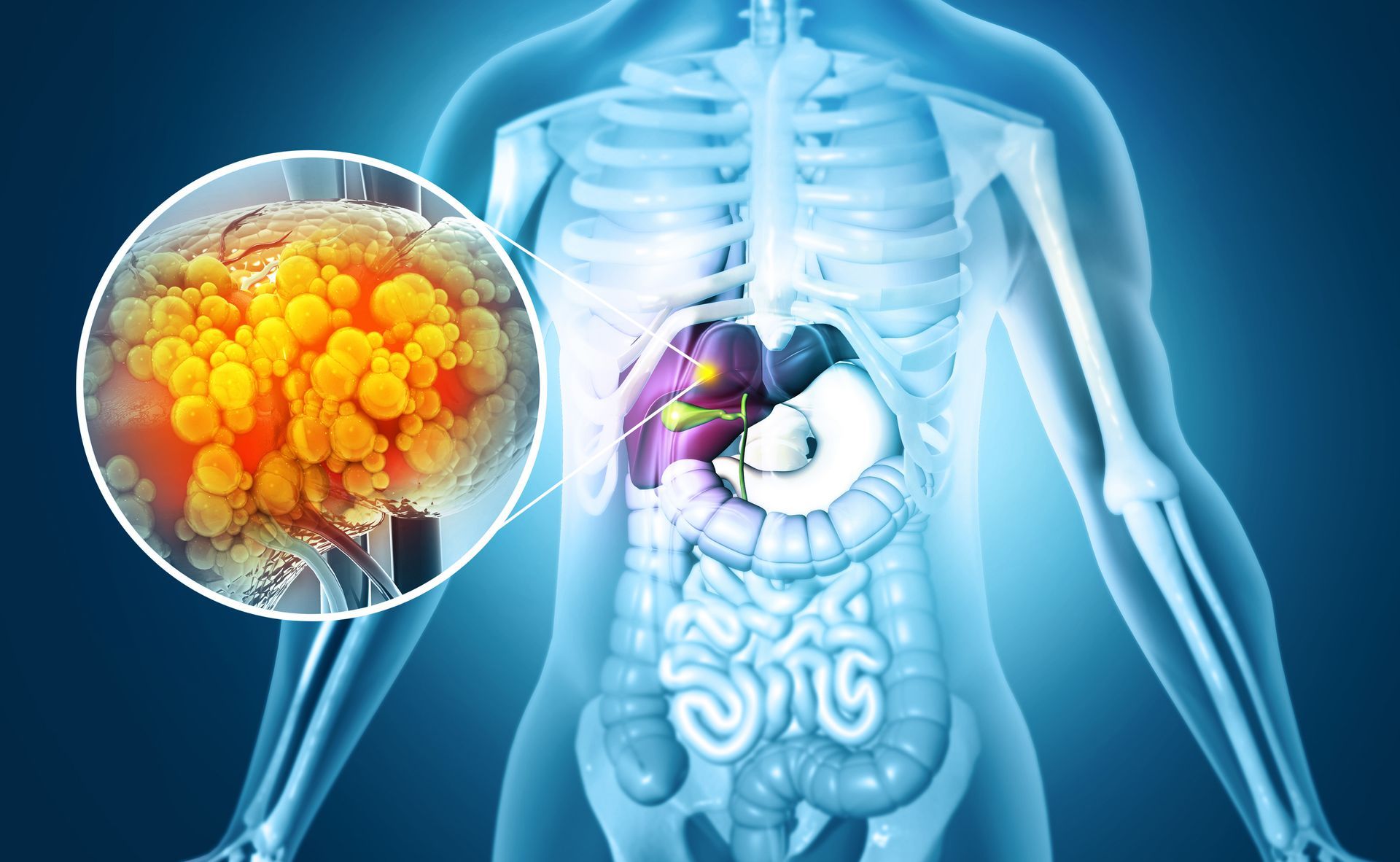Foods to Eat and Avoid with GERD
Experiencing heartburn on occasion happens to just about everyone. When you experience it regularly, you may be suffering from Gastroesophageal reflux disease (GERD). GERD is a condition where the esophageal sphincter (a tube that opens and closes to allow food to pass and stay inside the stomach) is weakened and allows stomach contents to pass back through the esophagus. GERD is generally a long-term condition, but the symptoms can be lessened or controlled by altering your diet.
What foods should I avoid if I have GERD?
Several foods tend to trigger GERD symptoms. They can delay the digestive process and keep food in the stomach for longer than usual. Foods high in fat are one of the biggest culprits. Other trigger foods can be:
- Fried Foods
- Dairy
- Spicy Foods
- Foods containing garlic or onion
- Fruits and vegetables that are acidic (Tomatoes, Pineapple, Orange, etc.)
- Salt
- Foods high in cholesterol
- Mint
- Carbonated Beverages
- Alcohol
What foods can I eat with GERD?
Just as certain foods can trigger your GERD symptoms and other foods can help prevent GERD as well. Some of those foods are:
- Non-acidic fruits and vegetables
- Lean proteins
- High fiber foods
- Eggs
- Whole Grains
- Foods high in water content
- Foods with a low pH value
How do I determine what triggers my GERD symptoms?
Trial and error is the best way to determine what triggers your GERD symptoms. After removing all the high-risk foods from your diet, you can slowly start to reintroduce them on an individual basis to see if they bring back your GERD symptoms. Even if they do not cause an immediate trigger, a good rule of thumb is, “Everything in moderation.”
Heartburn may be a common term, but the discomfort caused by frequent GERD symptoms can be disruptive to your life. If you think you’re suffering from GERD,
contact our experts at Digestive Disease Center for an expert opinion. We can help to alleviate your symptoms and get back on track for a more enjoyable life.
CONTACT
850-763-5409
ADDRESSES
4 LOCATIONS
204 E 19th Street, B, Panama City
12216 Panama City Beach Pkwy, D, Panama City Beach
4295 3rd Ave, Marianna
101 Good Morning St., 109B, Port St. Joe
Subscribe to our newsletter:
subscribe to our newsletter
We will get back to you as soon as possible.
Please try again later.



